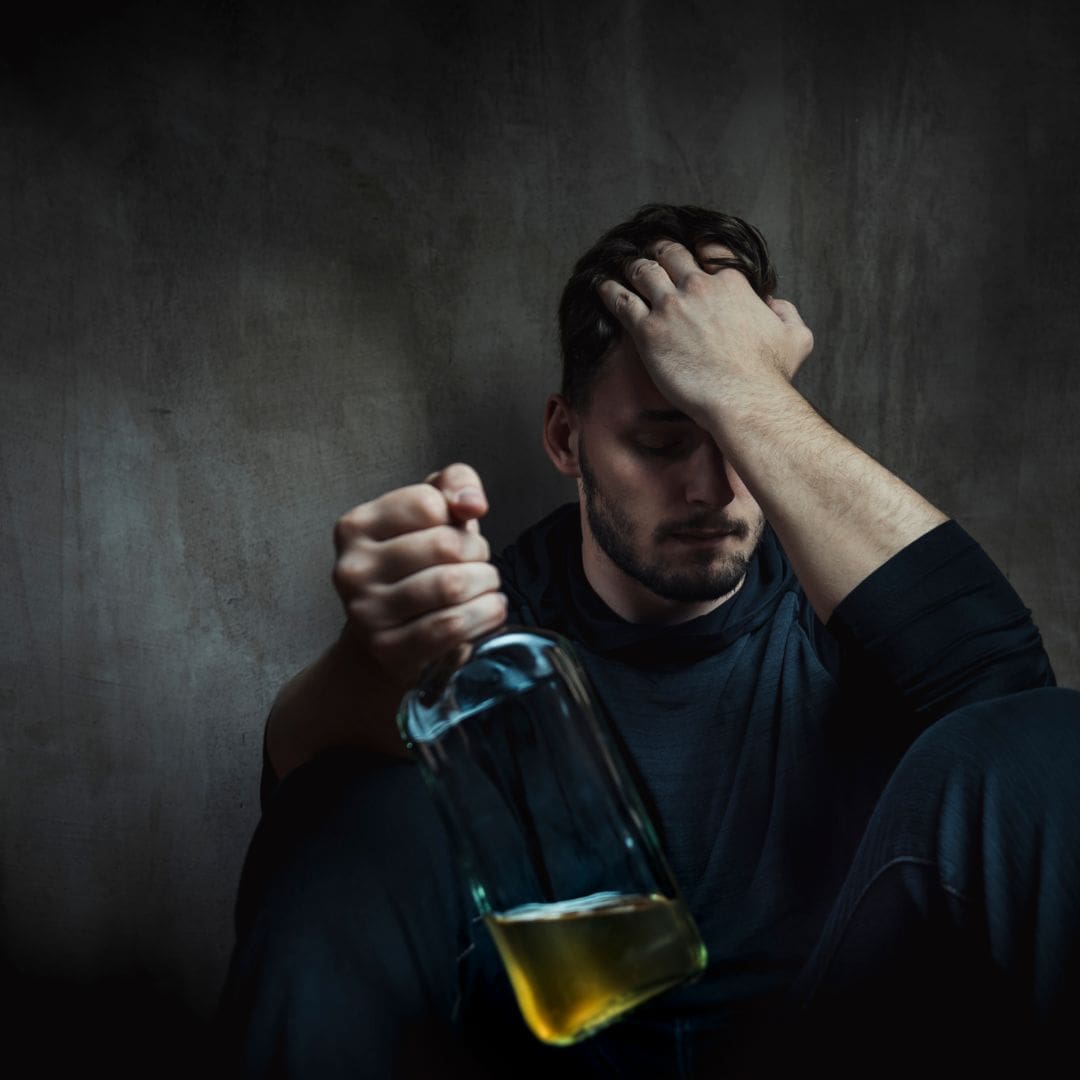It’s Alcohol Awareness Week. This year’s campaign runs from 3-9 July and the theme is alcohol and cost.
Managing your drinking and getting the right support is really important for your mental health.
Alcohol and mental health have a complex relationship. While some of us use alcohol to try and control the signs of depression and anxiety, heavy drinking is likely to make those signs worse.
Our mental health may be impacted by alcohol in both the short and long term. The sort of alcohol we consume, the amount we consume, the duration of our drinking, and our current mental state can all have an impact on how we react to alcohol. While occasional use is typically not harmful, drinking frequently or heavily for a lengthy period of time can have a long-term effect on our mental health.
What happens when we drink?
We might feel more at ease and have happier feelings after one or two drinks. One explanation is that drinking alcohol causes our bodies to produce more dopamine, which flows to the brain’s reward centres, or the regions that make us feel good and a desire to continue doing what we’re doing.
Some of us who struggle with mental health issues may drink alcohol to try to alleviate anxious or depressive thoughts due to these short-term effects on our mood.
Alcohol is a “depressant,” which means that it slows down brain activity, in addition to increasing the amount of dopamine that our bodies create. Therefore, when we continue to drink, those initially calming sentiments generally fade and are replaced with more negative feelings like stress, anxiety, and occasionally fury.
This can make us feel lethargic, ill, and low for several hours or days after heavy drinking, which is brought on by dehydration, low blood sugar, and the numerous alcohol by products.
What happens over time?
The body gradually adjusts to the dopamine spikes that alcohol provides and begins producing less dopamine to make up for it. This means that if drinking becomes a habit, we may have dopamine deficiency, which could further exacerbate feelings of depression.
We might then get caught in a vicious cycle where we drink to numb uncomfortable feelings, but those uncomfortable feelings keep coming back, which makes us want to drink more.
In some situations, prolonged alcohol use might alter the brain’s capacity to naturally suppress these unpleasant emotions, which can exacerbate the symptoms of many mental health issues.
So how much is too much?
The majority of us believe that we can recognise when we’ve had too much to drink, but occasionally drinking can “creep up” on us and we discover that we’re drinking more than we’d like.
Around 1 in 5 of us say that we regularly drink above the recommended low-risk drinking guidelines of 14 units a week.
If you’re concerned that you or a loved one may be drinking excessively, here are some warning signs to look out for:
- having frequent alcoholic beverage desires
- being unable to regulate how much alcohol is consumed
- drinking in secret from loved ones and friends
- experiencing emotional instability, tension, or trouble making judgements when avoiding alcohol
Tips to make healthier drinking choices
- Think in units while you drink. Remember that it’s best to limit your alcohol use to no more than 14 units per week, or roughly six pints of beer at regular strength or six standard wine glasses.
- Try substituting with alcohol-free drinks. Alcohol-free beers, ciders, and wines are now widely accessible, and an increasing number of them are winning awards instead of their competitors who use alcohol as a primary ingredient.
- Observe a drinking journal. You can determine whether you want to make changes by keeping track of what you drink for a few weeks to better understand your drinking routine. Download and try the free Try Dry app to help you keep track.
- Every week, take a few days off. It’s a great approach to reduce your intake and rest your body. Take into account taking a long break such as Dry January or another dry month.
- Ask for help if you need it. Talk to your GP to find out about getting support to cut down.
The NHS suggests 5 other key ways to improve your mental health and wellbeing;
- Spending more time with friends and family, which enables you to support others and provides emotional support.
- Practising mindfulness, which involves focusing more on the here and now, might help us unwind and appreciate our surroundings more.
- Developing new talents, such as those in gardening, DIY, or cooking, might help you develop a feeling of purpose.
- Giving includes doing tiny acts of kindness or offering your time or skills. This may improve your mood and give you a sense of worth.
- Engaging in physical activity: When you exercise, your brain releases chemicals that can help lift your spirits. Try working out outside to give yourself a lift.
Where to get help if you are struggling?
You need support if you’re feeling nervous, depressed, or exhibiting any other signs of a mental health issue, or if you believe you’re drinking too much. You can speak to your GP and get advice and help at www.mind.org.uk. This may also help you as well; NHS Online. 5 steps to mental wellbeing. Available at https://www.nhs.uk/conditions/stress-anxiety-depression/improve-mental-wellbeing/
If you would like to talk to us about Mental Health training courses across the UK, please call us on 01276 586943 or email us at admin@crosscountiestraining.co.uk
